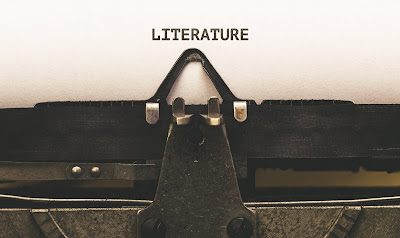There are some books which clearly present more challenging themes and unsurprisingly get excluded from schools and libraries or even removed from circulation entirely. However, there are some books which seem fairly innocuous but still manage to rile up certain groups. Take a look at these three classics which were considered so awful they were completely banned.
Ulysses by James Joyce
The 1922 work of fiction by James Joyce is considered one of the true classics so it’s unthinkable to consider that it wouldn’t be widely available. Yet when it was published it was deemed to be obscene due to both the sexual content within and the language used. The book was kept away from the US and any copies which tried to creep in were unceremoniously burned. The ban was overturned in 1933 when the publisher challenged the ruling in court and won.
Animal Farm by George Orwell
A piece of political commentary dressed up a novella, there’s no question that Animal Farm could have been controversial. However, the anti-Stalin sentiment was felt to be so unacceptable that the book was banned in 1946 within Yugoslavia, banned in 1991 in Kenya and banned yet again in UAE in 2002. Even in the more lenient UK, the subject was considered borderline with the release heavily delayed.
Alice’s Adventures in Wonderland by Lewis Carroll
Written in 1865, Alice’s adventures have captivated generation after generation but not all readers around the world have had the privilege of having access to the text. In the Hunan district, the book was summarily banned in 1931 because the idea of having talking animals was deemed to be disrespectful to humans by putting them on the “same level”.
To check out these classics and read other controversial books, head over to www.lassmedia.com today.








